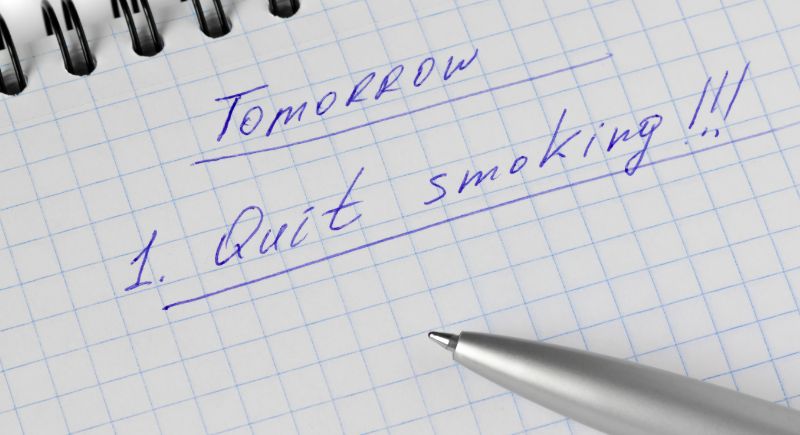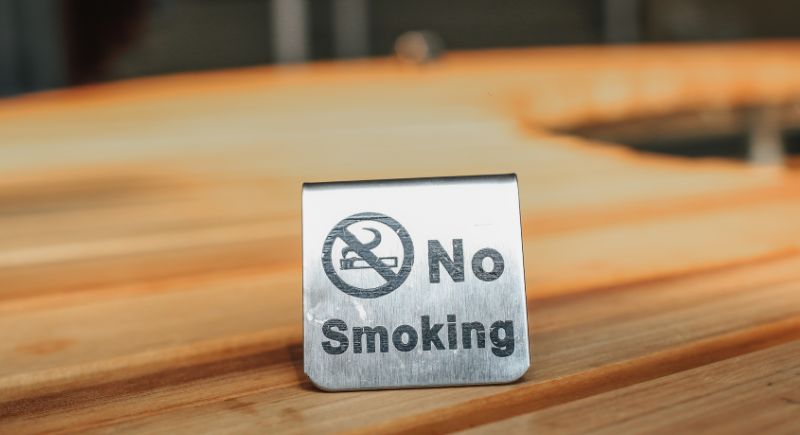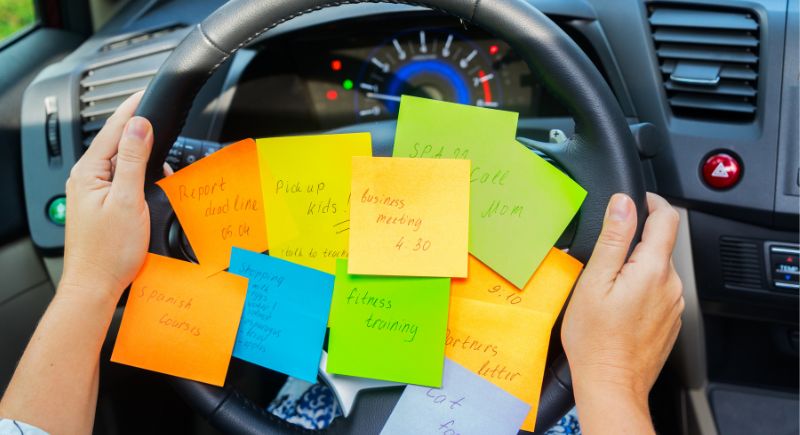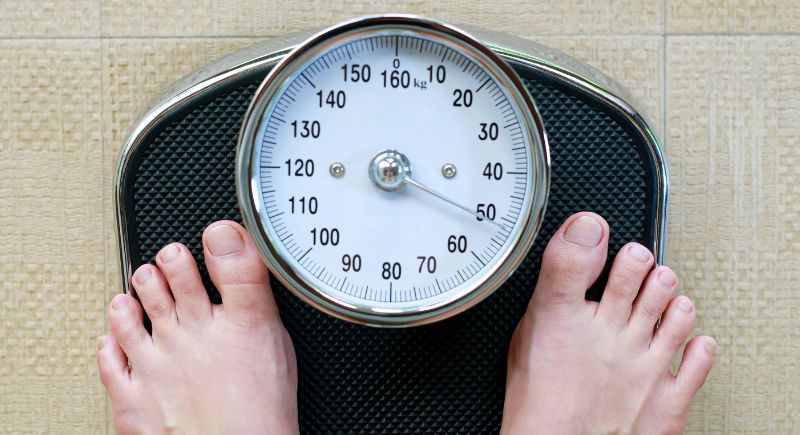Quit Bad Habits Forever with These 6 Easy Steps
We all have that one habit we wish we could kick. Maybe it’s late-night scrolling, too much sugar, or stress-shopping every time life gets messy. You’ve probably tried quitting before, but habits are sticky for a reason. They’re wired into your brain.
Willpower alone won’t cut it, and that’s not a personal flaw. It’s how human behavior works. The good news is that you can outsmart those loops with a smarter strategy. These practical steps can help you build lasting change and move forward with confidence.
Have a Reason That Sticks

Credit: Getty Images
People quit faster when their “why” means something. Your why could be something like long-term health or setting an example for your kids. Write it down and look at it daily. That one line becomes your compass when motivation slips and the habit tries to sneak back in.
Realize That Most Habits Start the Same Way

Credit: pixelshot
Track when your habit shows up. Is it after work or when you’re alone, or does it have a completely different pattern that you can easily recognize? Use your phone notes or a journal. Once you see patterns, you’ll know exactly what needs to change.
Your Brain Doesn’t Like Empty Space

Credit: beaveraphotos
If you take something away, replace it fast. Instead of late-night snacks, try a herbal tea or a walk around the block. New habits stick when they’re enjoyable and easy. Make the swap something you don’t dread.
Your Surroundings Are Doing More Work Than You Think

Credit: pexels
If your couch has always faced the TV, it may be time for a change. Flip the layout and move things out of reach. A subtle shift in your space helps your brain shift, too. Environmental tweaks reduce friction, and that’s key in the early days.
Quitting Forever Sounds Good but Rarely Works

Credit: Getty Images
Try smaller goals like skipping soda three times a week. They feel doable and build trust with yourself. Research shows that tiny wins change your mindset. Once success becomes familiar, your brain starts asking, “What else can I do?”
Out of Sight, Out of Mind Is a Strategy

Credit: snoopytkd
Visual reminders boost follow-through. That’s why gyms post motivational signs and health apps use progress charts. Place a sticky note where you’ll see it, such as your phone background. These nudges keep your goal in the front seat.
Make Your Bad Habit Harder to Reach

Credit: Getty Images
This is Behavioral Economics 101. Log out of apps and move that junk food to the garage. Put time between you and the action. Your brain resists effort, so if it is taking more steps, you’re more likely to skip it entirely.
Say It Out Loud

Credit: pexels
We’re wired to follow through when others know what we’re doing. Accountability adds pressure—but the good kind. Even a weekly message to someone you trust can double your chances of sticking with a habit. It turns private goals into shared responsibility.
Build the Habit Muscle

Credit: nomadsoulphotos
Don’t think about losing 20 pounds or saving $5,000. Focusing on short-term goals makes them sound more doable. For instance, think about walking today or skipping takeout once. Repeat the action, not the outcome. Daily habits change who you are long before they change what you have.
Waiting to Feel Motivated Is Like Waiting for a Perfect Morning

Credit: Getty Images
That perfect day and time will never come. When you start, it’s the perfect time. So go ahead and pick a time and just do it. It might feel forced at first, but that’s normal. Over time, your brain gets used to the rhythm. Eventually, it feels easier—and then automatic.
Success Feels Better When You Notice It

Credit: Anastasia Collection
Your brain lights up when it gets rewarded. You don’t need a treat or a trophy—just recognition. Check something off a list. Say, “I did that.” It sounds small, but those little hits of satisfaction build momentum faster than effort alone.
Slip-Ups Are a Part of the Process

Credit: Getty Images
Most people mess up while building new habits. What matters is what you do next. Don’t beat yourself up. Instead, try to pause, figure out why it happened, and then reset. This approach builds resilience, not guilt—and resilience is what keeps you going.
The Words You Use With Yourself Matter

Credit: Getty Images
Instead of saying, “I can’t have sugar,” try “I don’t eat sugar.” That subtle shift creates identity. It tells your brain you’re making a choice, not following a rule. This mindset makes habits last longer because they feel like yours—not someone else’s plan.
Habit Trackers Are So Popular, and They Work

Credit: rattanakun
When you track progress, your brain sees proof that change is happening. Whether it’s a streak on your app or checkmarks on a calendar, that visual record creates momentum. And once you’ve got a streak going, you’ll do almost anything not to break it.